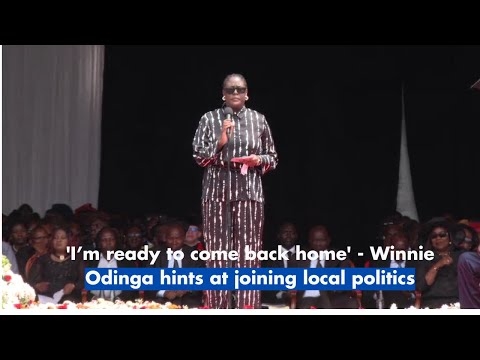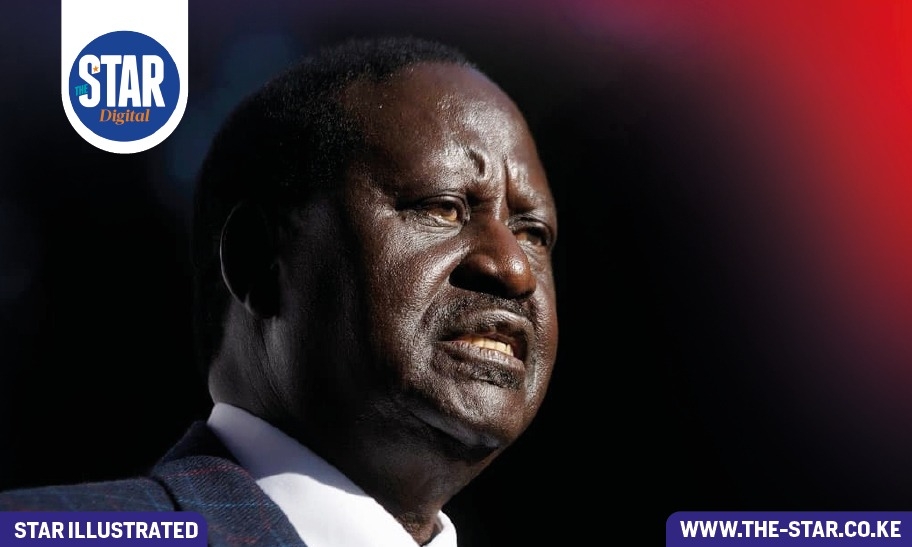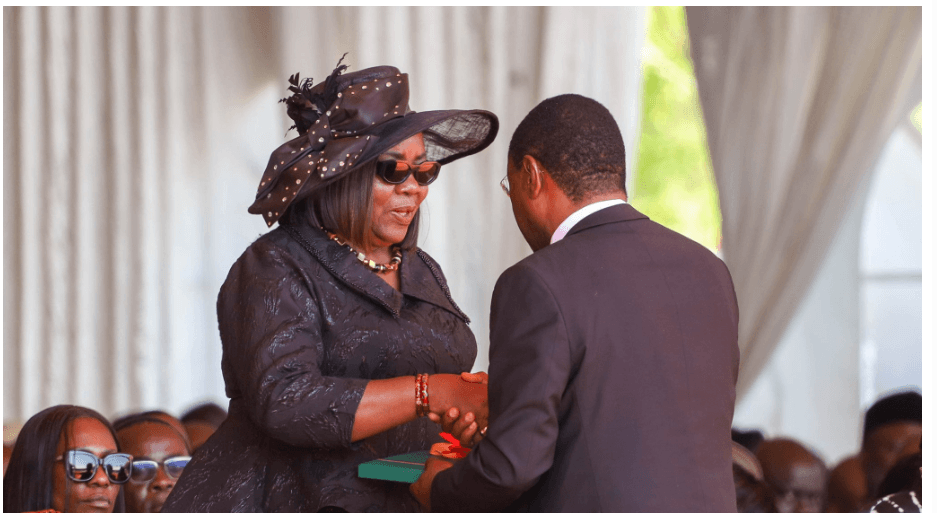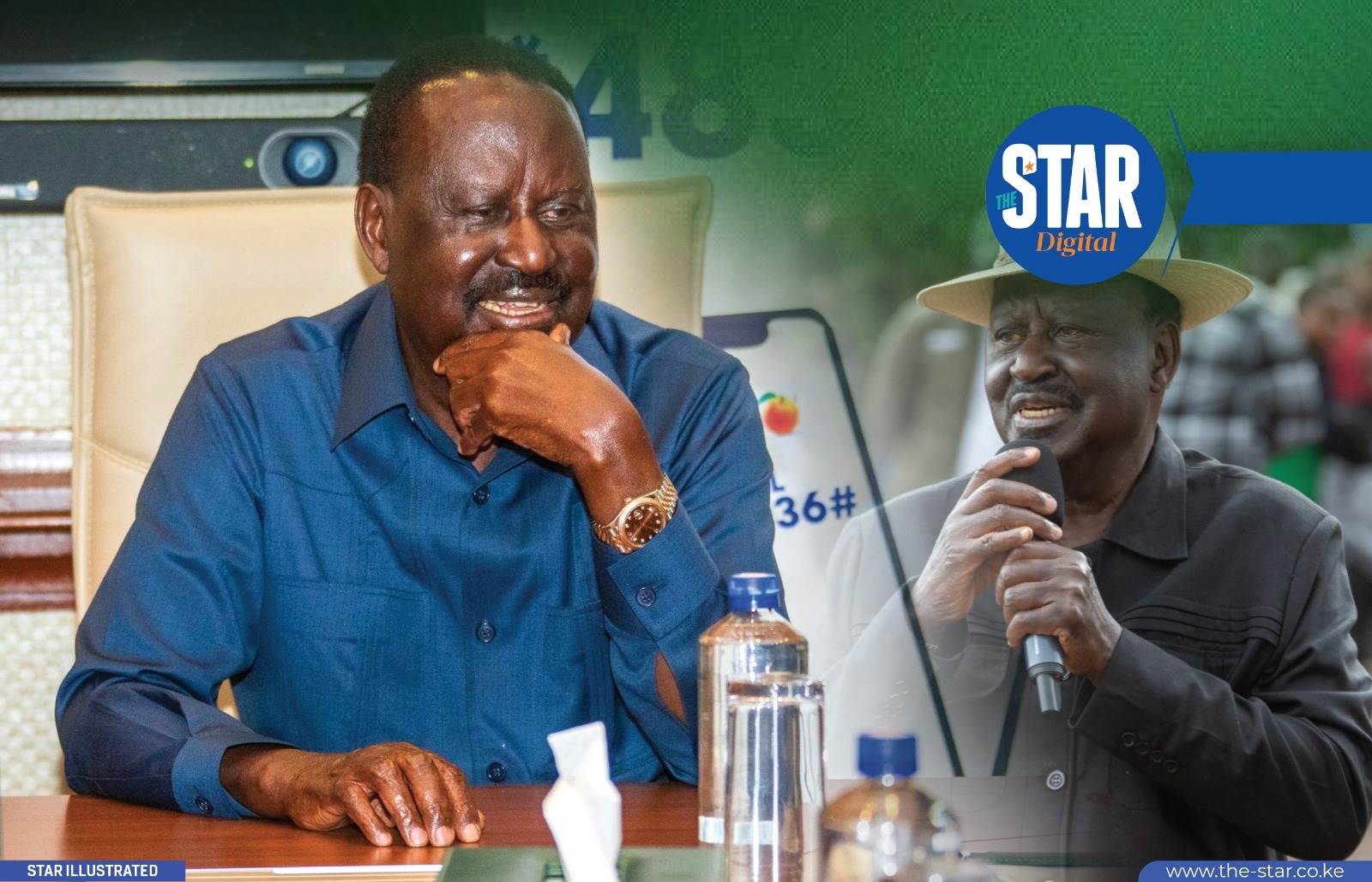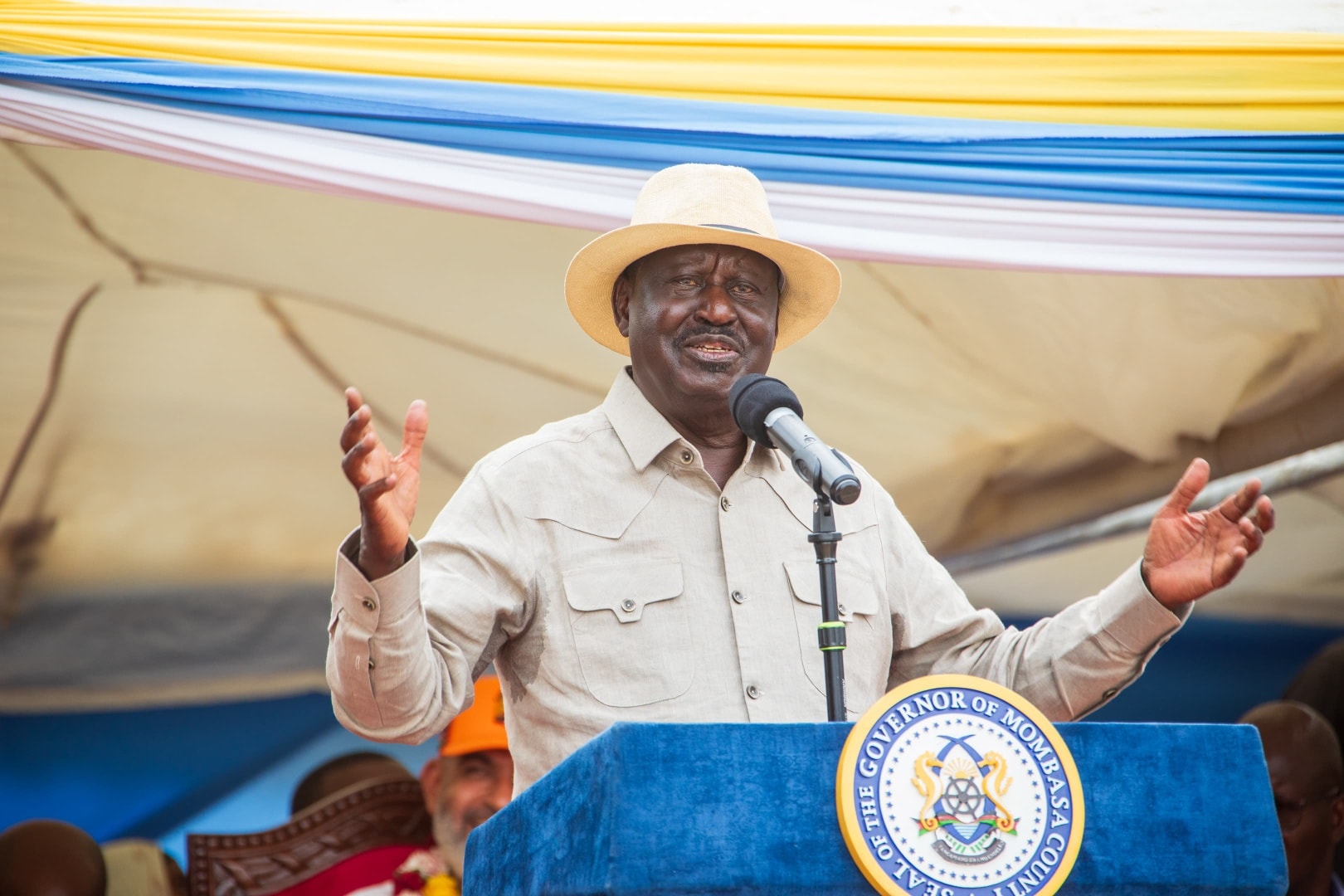
The late former Prime Minister Raila Odinga
The refusal of opposition luminaries to unite after the 1997 presidential elections and the need to start constitutional reforms was the sole factor in the first Raila Odinga handshake with President Daniel arap Moi.
The late former Prime Minister’s autobiography, 'Raila Odinga: Flames of Freedom' with Sarah Elderkin, says that after his stab at the presidency in 1997, in which he finished third, he opted to push for unity of all presidential candidates, including Mwai Kibaki, Wamalwa Kijana, and Charity Ngilu in vain.
The ODM chief later went ahead to have handshake deals with three presidents after Moi following bitter political confrontations.
He writes that he met the luminaries at a city hotel on the eve of Moi’s swearing in and they all agreed to mobilise their supporters to disrupt the proceedings at Uhuru Park, only for all the leaders to chicken out and only him and his supporters to turn up for the task.
He eventually told his supporters to stand down, and the ceremony went as planned, but he felt a deep sense of betrayal by his opposition colleagues.
And having failed at the attempt, he decided to regroup his NDP party, do a postmortem of the election and decide its next priority and strategy a head of the 2002 election that was due in five years.
He believed that he had to lead NDP in a radical strategy of cooperating with anyone willing, including the infamous Kanu at the time, to pursue the constitutional and legal reforms ahead of the next election.
“Following the big betrayal by our opposition colleagues, in January 1998 I had a meeting with Job Omino, during which we reflected on recent developments and then decided to involve the NDP party think tank in a brainstorming session,” Raila recounts.
“Since we had now entered the Moi regime transition era, we agreed that we needed a paradigm shift from the past.”
The book goes on: “I suggested, since opposition unity had so far proven elusive, that the most important agenda now must be constitutional and legal reforms. In order to make any progress in this regard, there would have to be cooperation among all stakeholders, including political parties, civil society and religious group.
“This would help to level the playing field ahead of the next elections, and would also serve to depolarise politics. This idea was unanimously accepted by the group and it was resolved that we should not contest the result but instead prepare a document on cooperation among political parties.”
On the results of the election, which he had initially disputed, Raila says he decided to publicly accept the election results on January 6, 1998, the day after Moi was sworn in, even if under protest.
“My real interest was not to return to the electoral process at that point but to move forward with constitutional reforms that would have a fundamental effect on future elections, and I intended to pursue this by whatever means seemed appropriate.”
He consequently wrote to Moi, saying that the party was extending the hand of cooperation “to all parties committed to reforms, in the belief that the artificial divide which has caused untold suffering to ordinary Kenyans shall be bridged in the interest of peace, stability, progress and national development.”
This was the beginning of the merger between Kanu and NDP that saw him not only appointed Minister of Energy and later Kanu secretary general but also the start of the constitutional review process.
Raila says that before getting in talks with Kanu, NDP mandated him to develop a policy paper on what kind of cooperation they wanted, and the centrality of constitutional review in the envisaged cooperation.
Not long after that, President Moi had Reuben Chesire, a trusted aide, call Raila while in his office in Kisumu to ask him to see Moi immediately.
He says alongside Joab Omino, they met Moi and a long chain of conversations ensued that saw the thawing of hostility between the Luo Nyanza region and the Moi regime, leading to some developments in the region, including elevation of Kisumu to city status in 2001.



